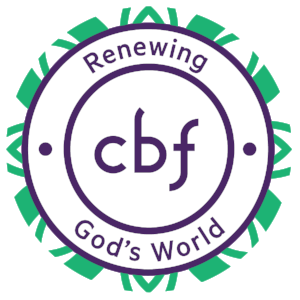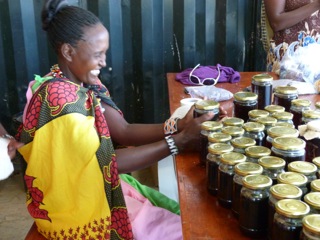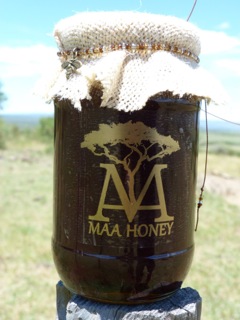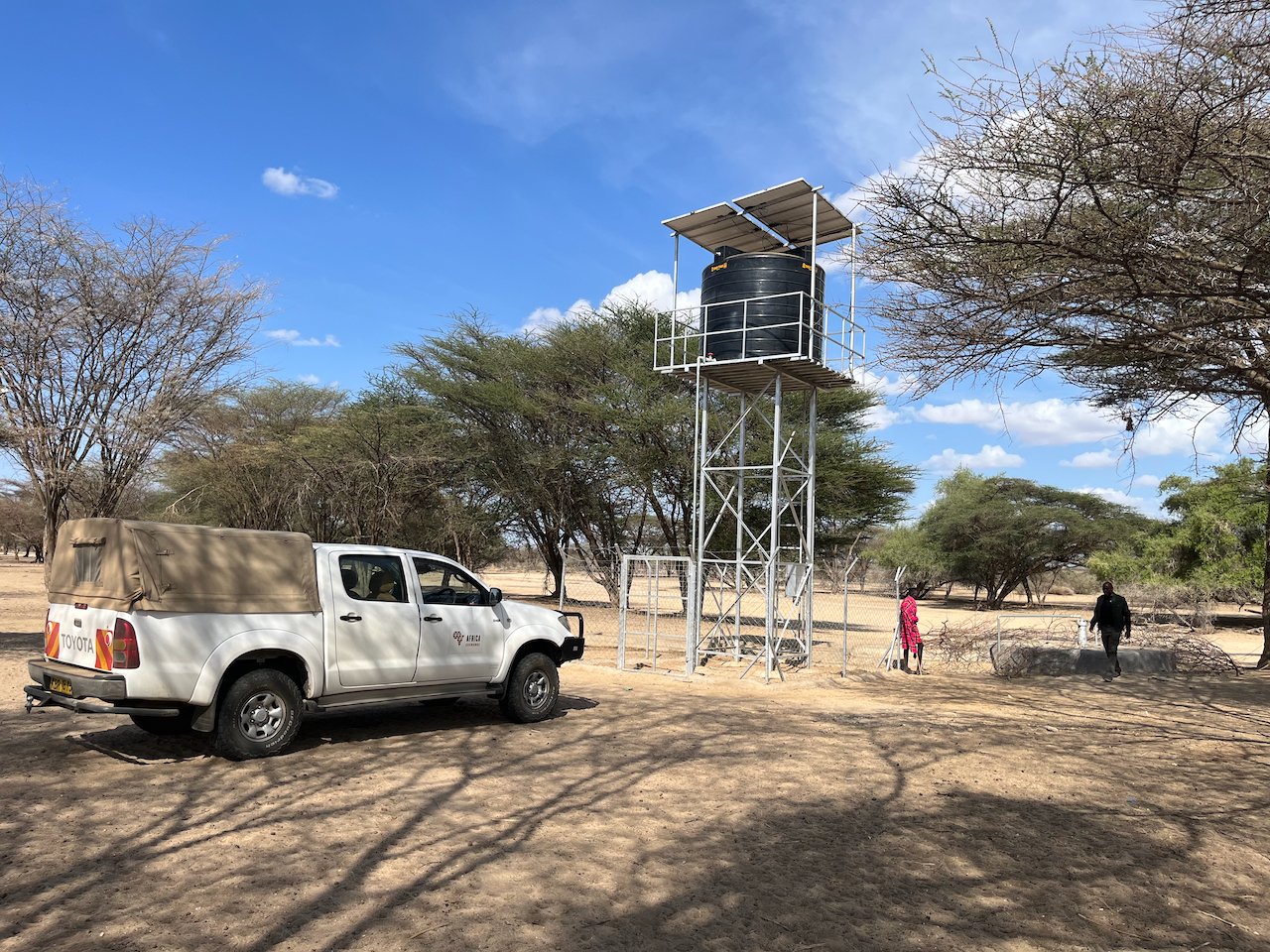
BLOG
Our latest accomplishments, progress reports, & musings.
Kutana Kenya 2nd Edition!
Following a very successful inaugural Kutana Kenya in 2017, dates for the next edition have been confirmed for May 20 - June 6, 2018.
Designed as an immersion experience for graduate and divinity students emphasizing the importance of earth care in mission and transformational development, the experience includes cross cultural encounter and service learning as key components of the curriculum.
Deadline for application is the end of February, 2018. Contact info@africaexchange.org for an application and additional information.
Self Help Groups Promote Resilience
SHG training session, Wamaganga
Since the inauguration of Change for Children in 2005, Africa Exchange has recognized that community capacity building lies at the heart of any successful transformational development initiative. The formation of community committees to initiate, monitor and evaluate progress at each of the established Integrated Child Development Centers has proven to be essential for their survival and proper functioning.
Recognizing our need to enhance and multiply this process in surrounding communities, David Harding of Water is Life introduced us to Tear Fund Kenya to facilitate training in the establishment of Self Help Groups (SHGs) at our project sites. Organized by Mark Okello, Change for Children coordinator, trainings brought together facilitators and key project staff from each ICDC unit for comprehensive trainings in 2016 and 2017. These trainings have to date resulted in the establishment of 15 SHGs associated with our 8 program locations.
A key component of SHGs are micro saving schemes controlled by group members to reduce vulnerability and enhance resilience. Extensive research from Tear Fund in East Africa shows that SHG establishment impacts communities in the following important ways: drought mitigation, food security, household economy, women’s empowerment, social development and community advocacy.
While we are still new at this, the SHG approach promises to be a foundational tool for decreasing the vulnerability of developing communities.
Development Challenges
Loita Hills forest, on the Southwestern boundary of the Maasai Mara Reserve
Nathaniel Robinson has worked with Africa Exchange on many occasions over the past 12 years. From 2009 - 2010 he served as the Development Initiatives Coordinator for Africa Exchange. Since then, he has worked in the Maasai Mara, focusing his attention on the complex dynamics between conservation and development. Currently he is completing his PhD at the University of Montana in Forestry and Conservation Sciences. In January, Africa Exchange funded his trip to Kenya where he worked with a few of Africa Exchange’s partners.
Three years is a long time to be away from a place that was once home, especially a place like Kenya. Kenya is changing incredibly fast. An average economic growth rate of more than 5% over the past 10 years is reflected across the landscape. Roads and railways are being built and expanded. Towns across the country are bursting with new development. Agriculture is expanding into places we once thought couldn’t be farmed. The technology revolution is alive and well across Kenya. In the most remote places, you can find people checking Facebook on their smart phones. You can tweet from the middle of the Mara. By many metrics, Kenya is becoming a development success story. The middle class is growing. Life expectancy is increasing. Illiteracy is decreasing. Businesses are thriving. In just three years, some areas of Nairobi, a place I called home for over 20 years, are unrecognizable, filled in with swanky malls and high rise apartment complexes and new super highways. There is no doubt that for many people across Kenya life is improving.
Had I not left for three years, the changes may not have felt so dramatic, they may have felt more gradual, or may have even gone unnoticed. In this way, leaving for a time can be a gift. It brings a different perspective to places undergoing rapid change. The contrast between memories of the past and perceptions of the present illuminates what is being gained and what is being lost. This perspective is crucial as what is being lost is often overshadowed by the measurable metrics of progress. The losses are often harder to see, more nuanced, difficult to measure, and tend to affect vulnerable (human and non-human) populations the most.
Travelling from Nairobi to the Maasai, this pattern is clear. Expansion of towns, settlements, and agricultural is having tremendous consequences. Marginalized people lose access to key resources. Wildlife lose critical habitat, and migration routes are cut off. Like the American West, the landscape is rapidly filling up with fences, as individuals attempt to protect their small pieces of land. One recent study shows that the land area fenced across the Mara ecosystem has increased by 20% since 2010. Another recent study estimates that wildlife populations have declined on average by 68% since 1977. History has shown us this before. The western United States was once home to some of the largest populations of animals. Up to 60 million Bison roamed across North America before European settlement. By 1900 there were little more than 10,000 of these creatures left. Luckily, through many conservation efforts and initiatives, Bison were not lost completely, and populations have recovered (slightly) over the past 100 years. But there may never again be large herds of free roaming Bison across the North America. This is a seemingly inevitable cost of development.
But this does not have to be the cost of development. And this is key to the vision of Africa Exchange, with many of their partners working across Kenya. It recognizes that the practices and ideas that can transform our paradigms of development, that integrate the well-being of people with the long-term well-being of the environment, not only exist today but are often rooted in the deep cultural heritage of people groups across Kenya. It recognizes that we from the West, may have substantial resources to offer, (e.g. capital & technology), but that we have as much, if not more to learn.
I hope that my trip to Kenya in January reflected this vision. Through a small workshop at the Maa Trust in the Maasai Mara, I shared my PhD work, focused on developing new tools for monitoring and managing ecosystem conservation across broad scales. At the same time, I came away with renewed insight as to how these tools can be put to better use, to support the work of organizations and people on the ground. I came away with renewed energy, believing that the negative consequences of development are not inevitable, but can be minimized, stopped and reversed. But it all starts with a mutual exchange of respect, ideas, skills, and understanding. This mutual exchange is the essence of Africa Exchange’s involvement in Kenya.
Environmental Impact Tour
In July of 2017, Africa Exchange partners with the Cooperative Baptist Fellowship to advocate for environmental conservation and creation stewardship during a planned 2 week tour of 5 ecosystems in Kenya. Students and young leaders drawn from across the fellowship will immerse themselves in the culture and context of each ecosystem to celebrate biodiversity and learn methods of advocating for greater awareness of the global environmental challenges we face. Contact us here for more information.
Scholars Aim High!
Thanks to the generous support of partners, the Africa Exchange Scholars program is able to provide opportunities for secondary education to select students who began their education at one of our 8 Integrated Child Development Centers scattered around Kenya. One exceptional student from each community who has successfully completed primary school is selected by each ICDC committee and confirmed by Change for Children coordinator Mark Okello. That student is then provided a full four year secondary school scholarship to attend one of several provincial or national boarding schools.
This November, all 7 current students gathered in Nairobi for a two day outing including a trip to the top of the Kenyatta International Conference Center. Change for Children Coordinator, Mark Okello, led the group as they visited cultural sites, ate and met and reflected together and generally had a great time. Congratulations to each of these for the progress so far and we look forward to adding to their number next year!
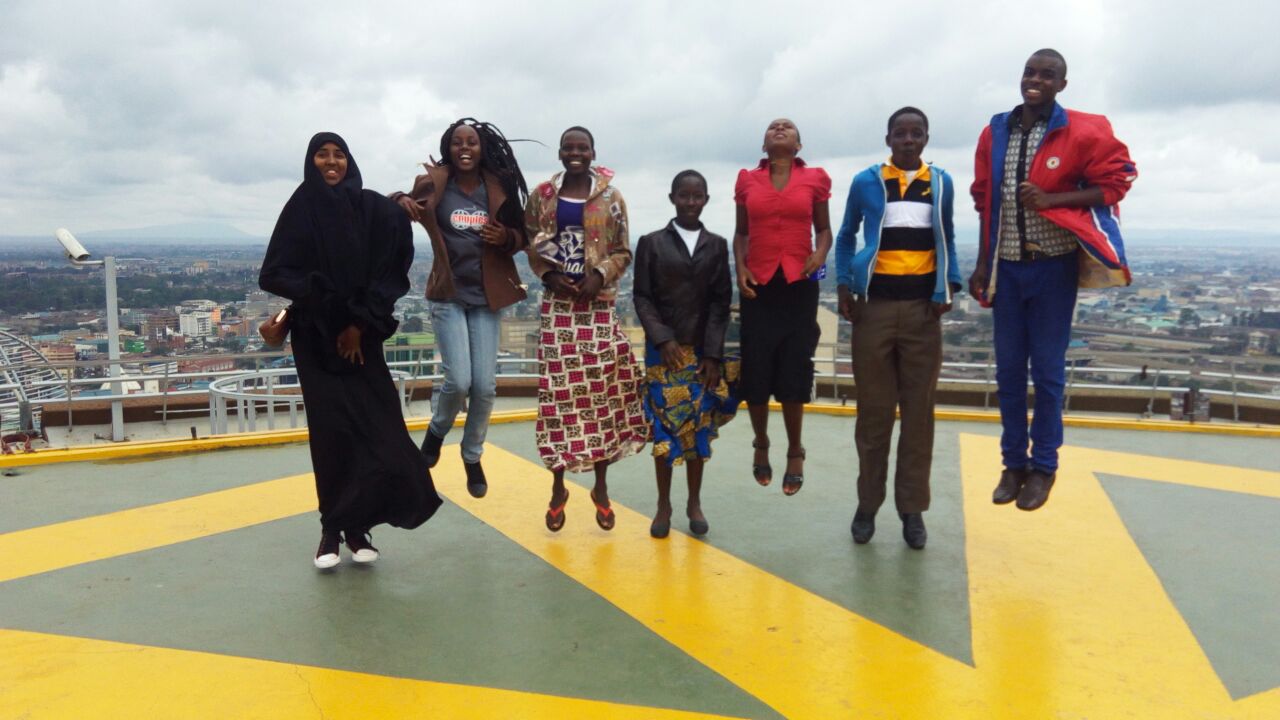
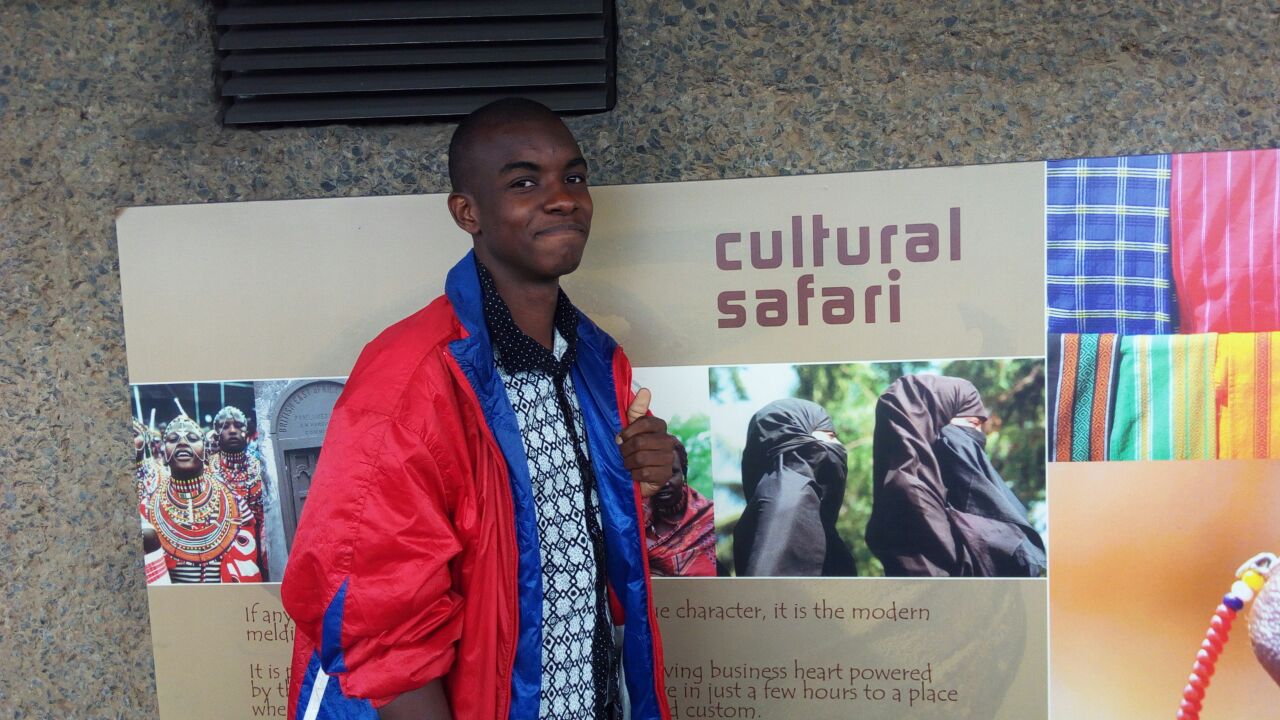
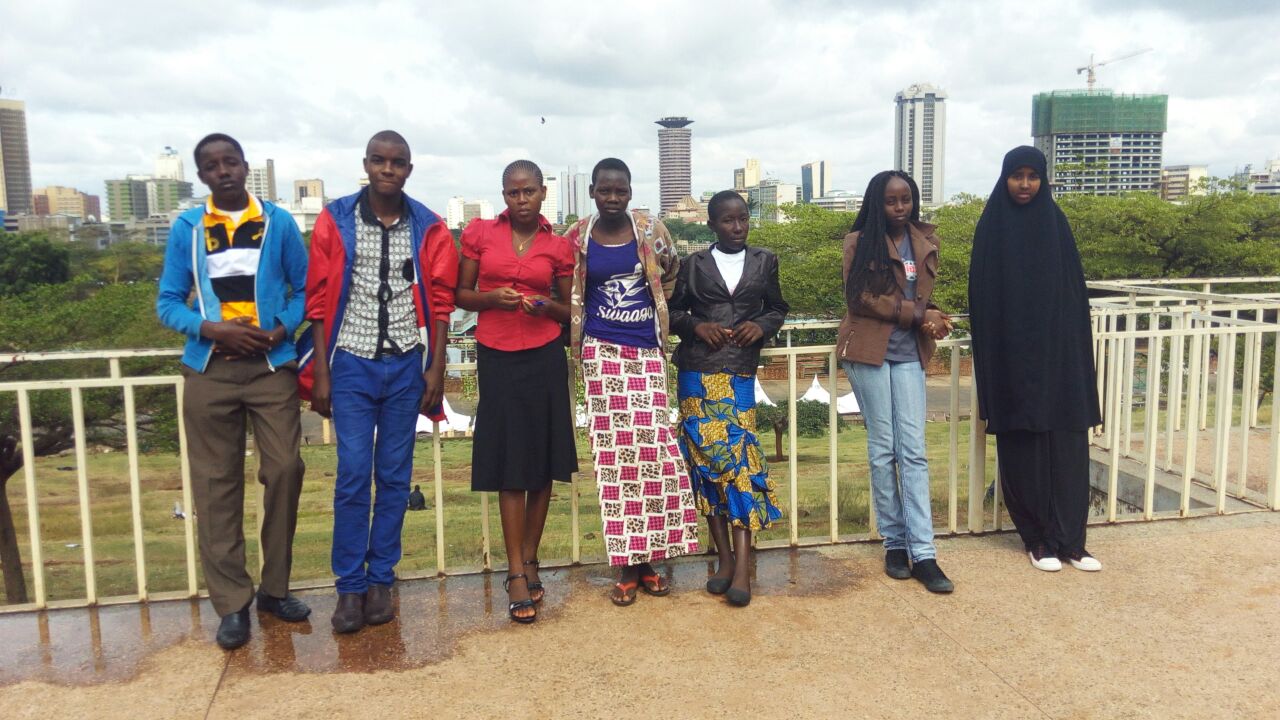
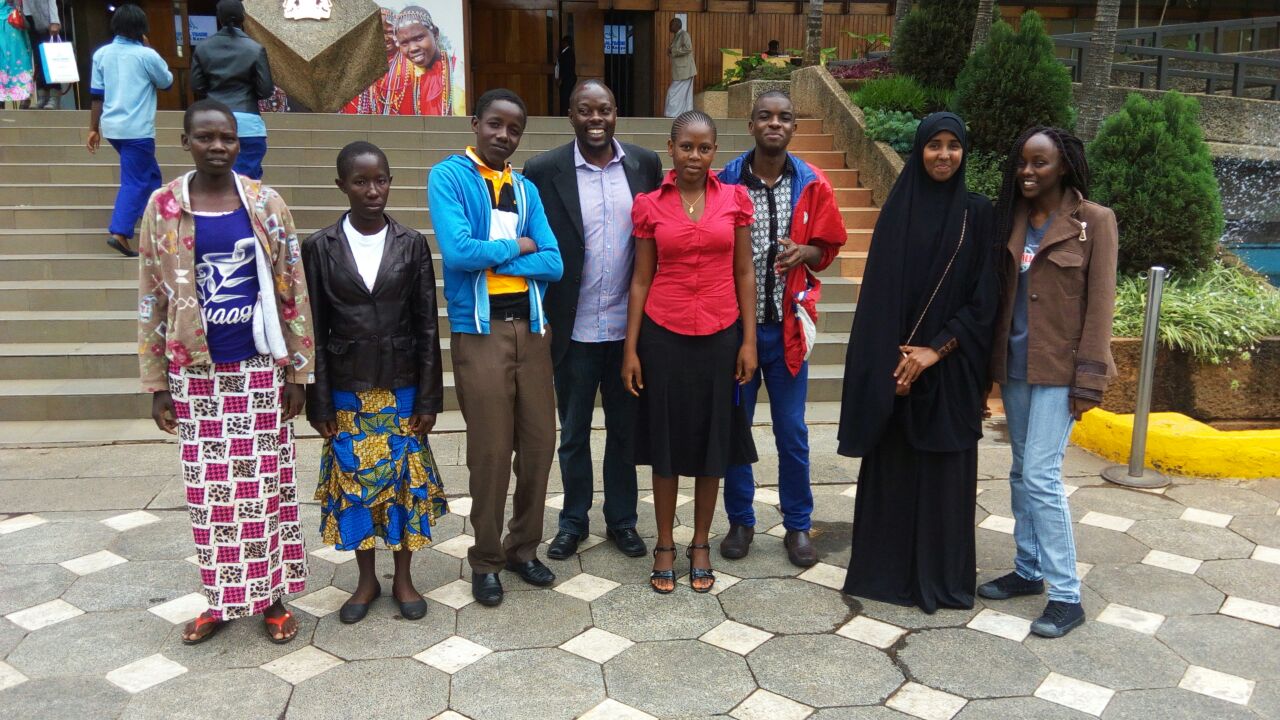
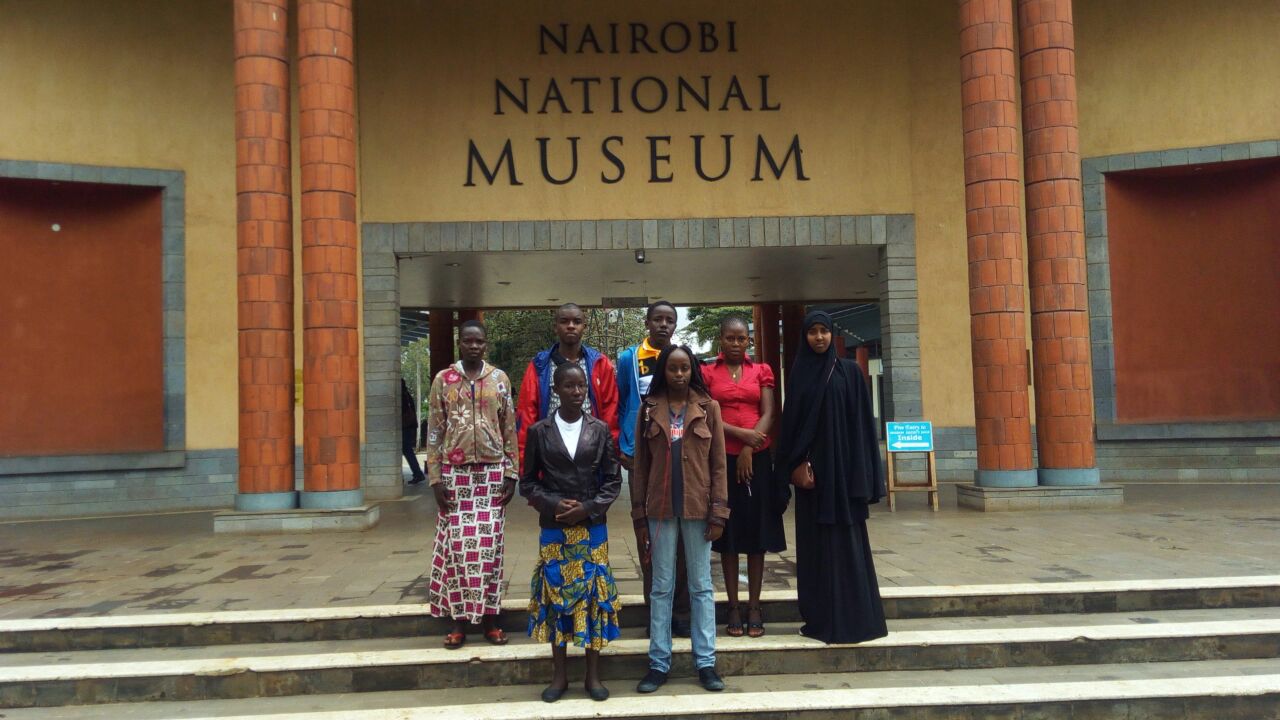
Maa Honey for Maa Trust
Since our donation of extensive honey production equipment in 2015, The Maa Trust and the women they work with have successfully harvested approximately 50kg of honey, all of which sold out immediately to camps throughout the Mara!
The acacia trees are now starting to bloom again and the 74 women who make up this cooperative are now eagerly awaiting their next harvest in August.
With additional support of 60 supers this year, the women are now able to immediately replace suppers when they are collected, and in some cases put two suppers per hive to allow for double yield.
Previously the hives were located in community areas, but this proved troublesome, as it was hard for Trust employees to access, maintain and protect the hives. Consequently hives were moved into the conservancies at easy-to-monitor locations that provide security and short distances for the bees to fly to pollinate the abundant flowering trees and plants.
For the The Maa Honey Collective, life is sweet!

